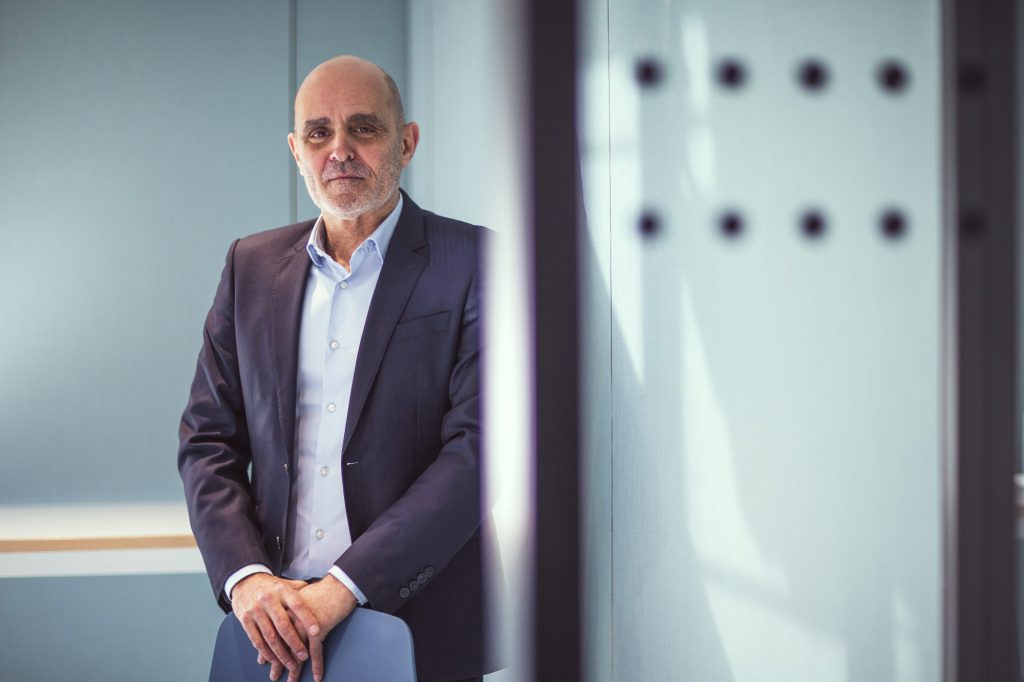Alberto Aza, CECA spokesperson, reflects on the important role played by Obra Social over the last decade. The Obra Social of the CECA sector, driven by the foundations and savings banks, is active in many sectors as it endeavours to cover all segments of the population, with a special focus on vulnerable groups and those most in need.
From 2014 to 2023 there has been an investment of €7,823 million, with 930,002 activities implemented and an annual average number of beneficiaries of 31,632,304. The investment totalled €851.12 million this last financial year, with 80,964 activities and 30,322,713 beneficiaries.
The Obra Social of the CECA sector has been strengthened by the legislative changes of the last decade. Undoubtedly the most important of these, Spanish Law 26/2013, of 27 December, on Savings Banks and Banking Foundations, has given explicit recognition to Obra Social as a hallmark of the entities that today comprise CECA. The new law entailed a structural reform of savings banks that enabled their integration into larger and more solvent groups, placing the new banks on an equal footing with other credit institutions in terms of their ability to recapitalise, access to and scrutiny of the securities market. At the same time, the Obra Social was maintained through foundations that became the professional stewards of this work. In other words, the new legislative framework established the necessary legal mechanisms to ensure the continuity of Obra Social without relinquishing its historical mission: generating opportunities for people to progress, while tackling inequality and social exclusion.
Our spokesperson, Alberto Aza, talks about this and much more in an interview in El Economista's Buen Gobierno magazine.












